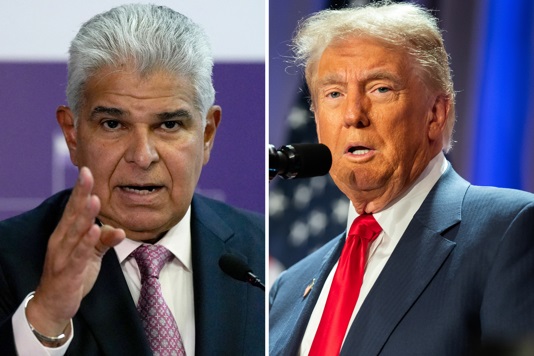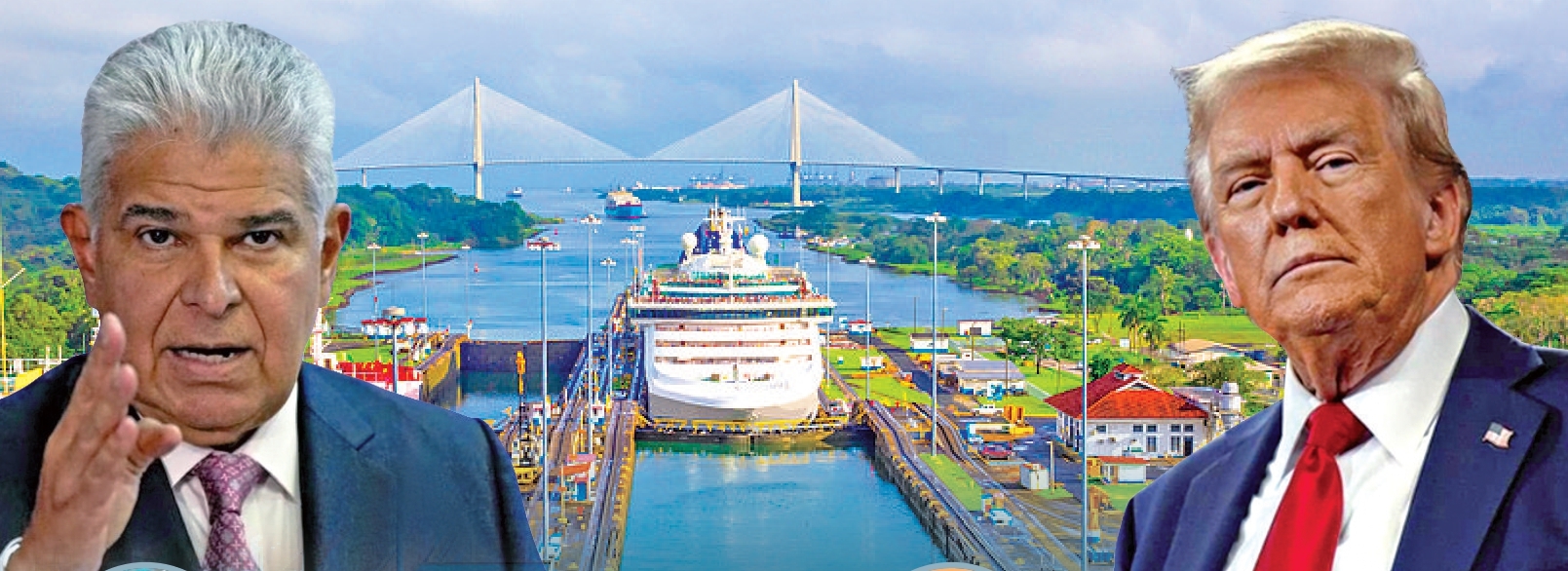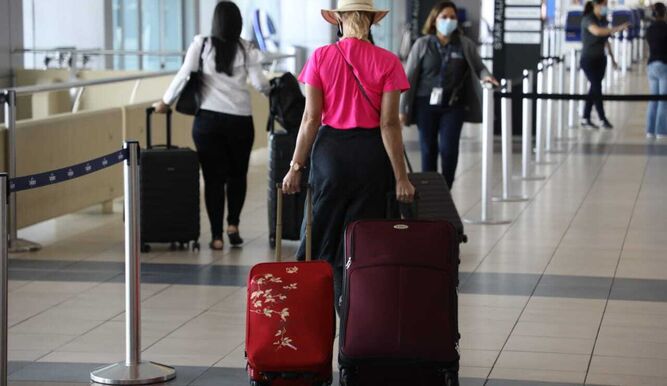In Recent Weeks, a Tense Calm has Persisted Between the US and Panama
The US government has insisted on the alleged Chinese presence in the Canal, but has had no strong interest in rescheduling the telephone call with President Mulino of Panama.

To date, there is no apparent intention on the part of the United States government to reschedule the call with Panamanian President José Raúl Mulino, a meeting that was scheduled for February 7, but which was postponed hours earlier. The call was requested by the US government and although there has been no willingness to reschedule the conversation, Mulino expressed his willingness to talk with his counterpart, President Donald Trump. According to Orlando Pérez, a professor of Political Science at the University of North Texas in Dallas, “bilateral calls can be very useful” and he considers it “good news” that in this case the conversation has been postponed, since it allows the parties to advise each other, smooth out differences and perhaps reach agreements prior to the talk at the presidential level.

Two weeks have passed since the call was postponed, which is why doubts remain as to why the conversation has not been rescheduled, since the Panamanian president is willing to hold the conversation, but is not aligned with the intentions of the Trump government regarding the demands related to the Canal. On the occasion of the visit of Alvin Holsey, commander of the US Army’s Southern Command, the US embassy revealed the agenda of issues to be discussed with local authorities and among them was the protection of the “Canal area from the influence and control of the Chinese Communist Party “, a narrative with which the Trump administration has been very insistent. After the statement was made public, Mulino refused to engage in any conversation based on lies.

Tales of roads and speculations are not part of the agenda,” said the president, who even urged the public to make public the evidence that supports the claim of Chinese presence on the interoceanic route. Euclides Tapia, professor of International Relations at the University Of Panama (UP), said that the call was cancelled precisely because of Mulino’s refusal to support the demands being made by the Trump administration. According to Tapia, no legal claim has been presented in black and white to support Panama’s allegations of non-compliance with the Neutrality Treaty.

At a global level, the strategic enemy to beat is China, Tapia said, which is why Trump has a special interest in the maritime route. “He is obsessed with seeing how he can make the Panama Canal fulfill a military function within his global anti-Chinese strategy,” the professor explained. Pérez, for his part, noted that competition between the US and China has intensified, and that Trump has found a way to isolate the Asian country from the rest of the hemisphere. However, there may also be economic reasons behind the president’s intentions with the Canal. He described the president as an “impulsive actor” who sees bilateral relations between countries as a business and, in addition, has always been against the Torrijos-Carter Treaties. “He has said that the US was ‘ripped off’, ‘cheated’ by Panama when it handed over the Canal.

Apparently he intends to recover something from that alleged scam – although we know that by 1977 the US had more than recovered the investment it made at the beginning of the 20th century,” said Perez. Regarding the Chinese presence, Pérez emphasized that there is a “real concern” because there is a threat that the country will militarize its infrastructure and investments to increase its influence in Panama and the region, which would endanger the neutrality of the Canal and the interests of the United States, a scenario that would give the American government the reason to intervene militarily, but one must also ask what motives China would have for precipitating this situation.





